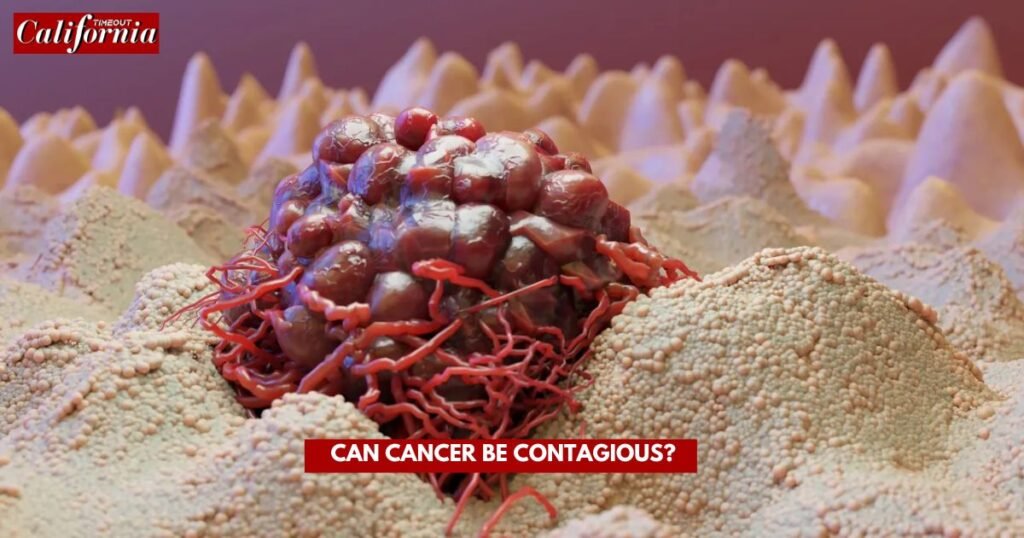Cancer is not generally considered a contagious disease and cannot spread through direct contact with another person. However, an unusual case making waves online highlights that while extremely rare, it is not entirely impossible to “catch” cancer in specific circumstances.
A Rare and Unprecedented Case
In what is believed to be the first known case of its kind, a surgeon reportedly developed cancer after accidentally cutting himself during an operation to remove a tumor from a patient.
This rare occurrence, originally documented in 1996 in the New England Journal of Medicine, has resurfaced and drawn attention for its uniqueness.

What Happened?
The incident took place during surgery on a 32-year-old man to remove a tumor from his abdomen. While attempting to place a drain, the surgeon accidentally sliced the palm of his left hand.
Despite immediately disinfecting and bandaging the wound, five months later, the 53-year-old surgeon discovered a small lump forming at the site of the injury.
Tests revealed that the 1.2-inch lump was a malignant fibrous histiocytoma. Even more astonishing, the cancer cells in the surgeon’s lump were genetically identical to those in his patient’s tumor.
- Anastasiia Smelova: The Beauty Queen on a Mission to Uplift, and Unite Women Worldwide
- HELL’ YA, a song of ELUSIVE THUGS serves as a perfect example of Music with Meaning
- Egyptian-American filmmaker Peter Takla is set to Release his new film, “40 Days,” in theatres on May 30
- Autumn Brockman’s “ARock” Empowers the Beauty Industry
- Miss Universe Guyana organization appoints new Assistant Director Ivonn Novikova
How Did This Happen?
Typically, the human body rejects any foreign tissue, making such a transmission nearly impossible. However, in this rare case, the surgeon’s immune system failed to identify and destroy the foreign cancer cells.
According to the study authors, the surgeon’s body mounted an inflammatory response around the tumor, but it was ineffective in stopping the cancer’s growth.
“In the case of the surgeon, an intense inflammatory reaction developed in the tissue surrounding the tumor, but the tumor mass increased, suggesting an ineffective antitumor immune response,” the researchers explained.
The tumor likely avoided detection by employing mechanisms that allowed it to evade the immune system. After the tumor was surgically removed, the surgeon showed no signs of cancer recurrence or spread.
Is Cancer Contagious?
In almost all cases, cancer cannot be transmitted from one person to another. The human immune system typically recognizes and rejects foreign cells. This case is an extremely rare exception and does not suggest that cancer is contagious in everyday life.
What Can We Learn?
This case is a reminder of how complex and rare medical phenomena can occur. It highlights the importance of understanding immune responses to cancer and the need for careful handling of cancerous tissue during surgical procedures.
While this incident remains an anomaly, it underscores the critical role of research in uncovering the mysteries of diseases like cancer.


